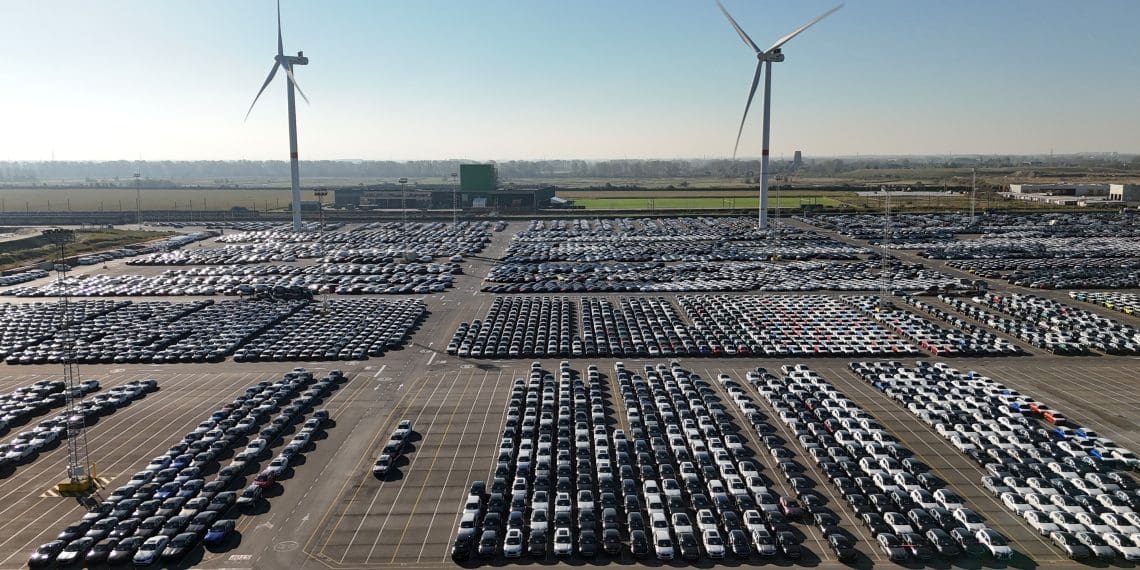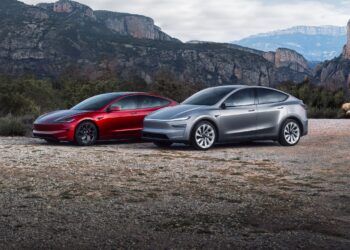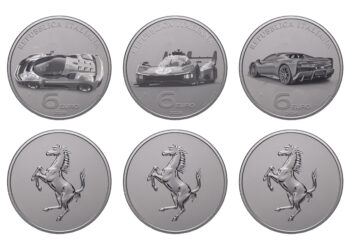The brewing trade tensions between China and the European Union over electric vehicle (EV) tariffs are setting the stage for a broader conflict, but neither side seems eager to escalate. Despite stalled negotiations on the high-stakes EV dispute, the EU is playing a diplomatic long game, hoping to contain the fallout and avoid a costly trade war.
While the U.S. election is likely to bring further American restrictions on Chinese goods, European negotiators are treading more cautiously, focusing on diplomacy rather than immediate confrontation. Their goal: to build a more stable relationship with Beijing amid rising global tensions, even if it doesn’t immediately resolve the EV tariff issue.
Some EU member nations are even turning the dispute to their advantage, leveraging it to attract new Chinese investment outside Brussels’ broader negotiations with Beijing. France, for instance, has sent a junior trade minister to Shanghai this week and holds the title of “Country of Honour” at China’s annual flagship import expo, underscoring its interest in strengthening commercial ties despite China’s retaliatory tariffs on French brandy.
China, meanwhile, faces growing pressure to manage its relationship with the EU carefully. According to Bo Zhengyuan, a Shanghai-based partner at consultancy Plenum, “China doesn’t want this to significantly damage the EU-China relationship, especially with potential shifts in the U.S. following their election.”
The escalating EV tariff dispute came to a head last week when the EU implemented tariffs up to 45.3% on Chinese EV imports, a decision that exposed divisions within the bloc and sparked swift retaliation from Beijing. The EU argues that China’s state-subsidized auto industry undermines fair competition, while China countered with investigations into European pork and dairy products, and slapped further curbs on brandy imports.
Beyond these tit-for-tat measures, there’s a deeper negotiation process unfolding, as Beijing has recently hosted numerous official EU visits aimed at fostering dialogue and mutual understanding. Observers see the move as a bid to maintain diplomacy and avoid further tariff escalations.
As the global trade environment continues to heat up, the EU’s long-game strategy with China could set the tone for future trade dynamics.










